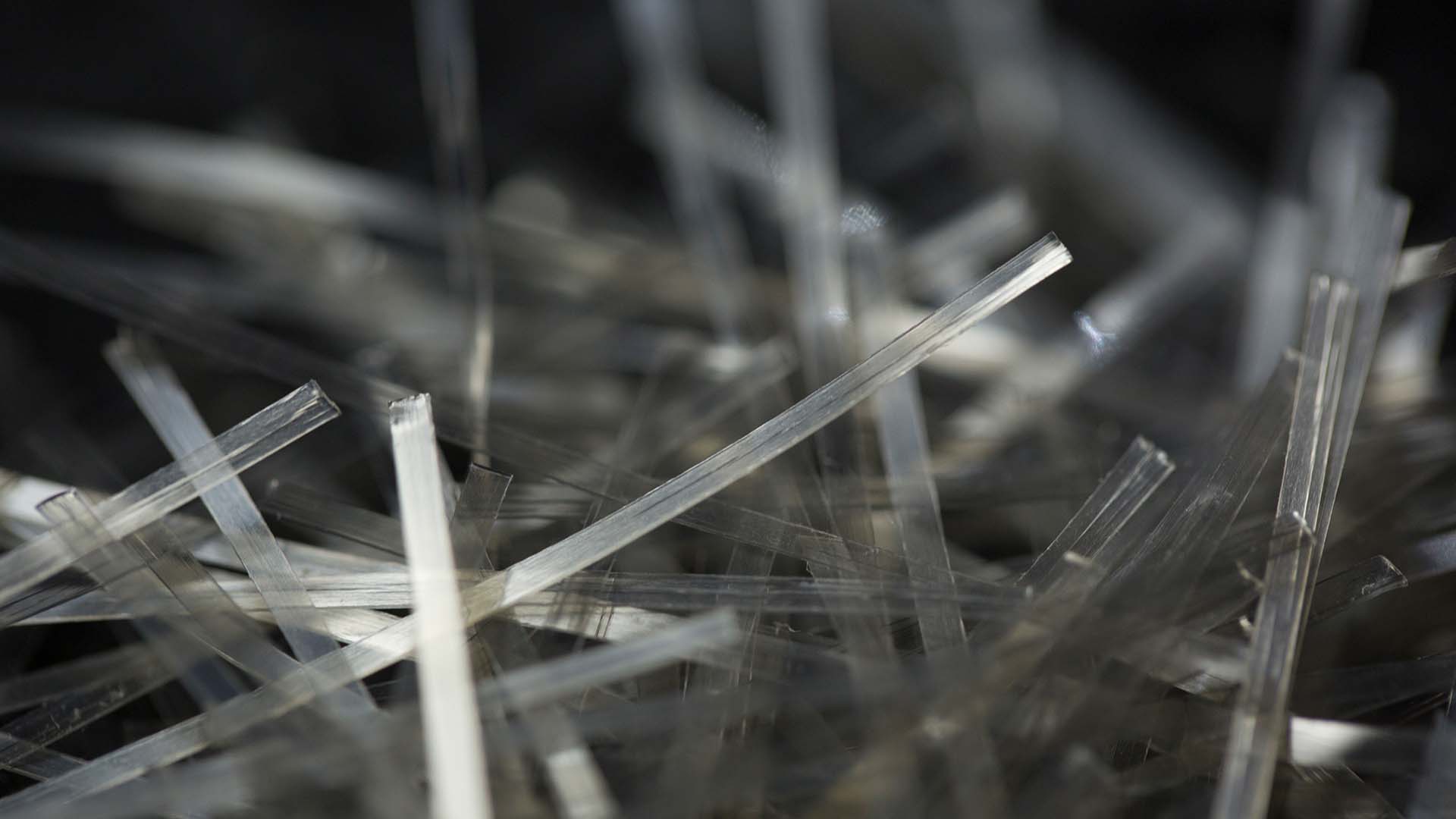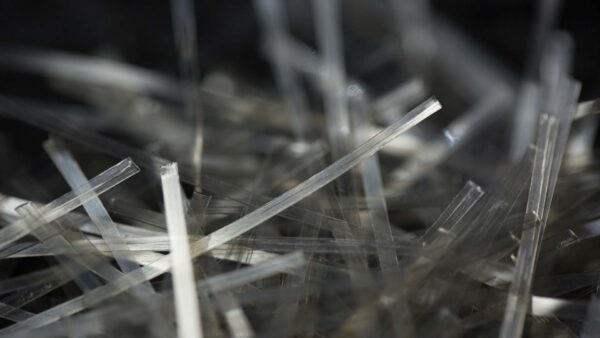STRUX® Macro Synthetic Fibers
A Replacement for Welded Wire Mesh
Welded wire mesh has long been used to reinforce slab-on-ground concrete, bridge decks and thin-walled precast applications for temperature and shrinkage crack control. Although mesh provides adequate performance, it adds many downsides. The mesh takes time to transport, install and correctly chair.
STRUX® Macro Fibers improve impact resistance, durability and long-term crack control properties of concrete by equally distributing structural fibers throughout the entire concrete matrix. STRUX® eliminate the risk of corrosion, as well as the risk or job site obstruction inherent with the use of welded wire or mild steel reinforcement. STRUX® reduces construction time and labor costs by replacing welded wire mesh (WWM). STRUX® can be used to replace non-structural steel for slab on ground, precast elements, elevated decks and tunnel liners.





